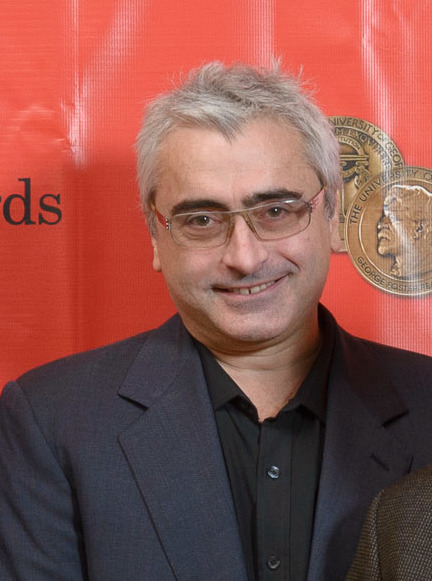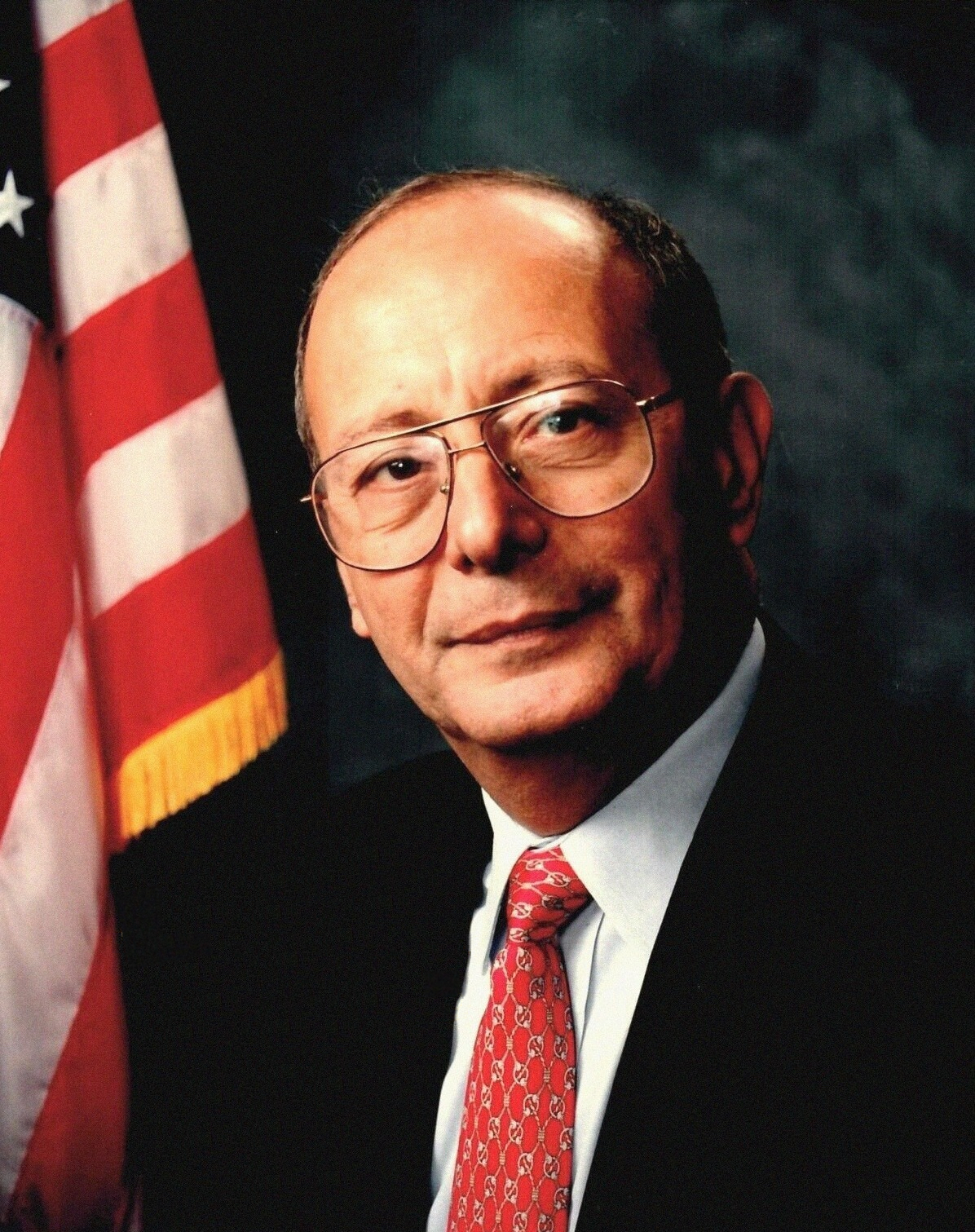what is happening
Volbanned
-
- Joined
- Oct 8, 2019
- Posts
- 644
This is the law they helped get passed:
 en.wikipedia.org
en.wikipedia.org

 www.insure.com
www.insure.com
Biggest soyboys of the year?

 en.wikipedia.org
Better known today as a film producer.
en.wikipedia.org
Better known today as a film producer.

 bulletin.facs.org
bulletin.facs.org
The free boob job Dr. Wider gave didn't seem to have helped. Janet Franquet died on May 3, 1999.
 nyshistoricnewspapers.org
nyshistoricnewspapers.org
The main Senator pushing for it lost the 1998 election that took place the month after the bill was signed into law.

 en.wikipedia.org
en.wikipedia.org
Under "Women's Health Cancer Rights Act of 1998" seems to be the speech he gave right before the president signed it.

Women's Health and Cancer Rights Act - Wikipedia
The U.S. Women's Health and Cancer Rights Act, also known as Janet's Law, signed into law on October 21, 1998, contains protections for patients who elect breast reconstruction in connection with a mastectomy. This law, which is administered by the Department of Labor and Health and Human Services, states that group health plans, insurance companies and health maintenance organizations (HMOs) must provide coverage for reconstructive surgery after mastectomy for breast cancer and prohibited "drive through" mastectomies, where breast cancer patient's hospital stays were limited by their carriers. The required coverage includes all stages of reconstruction of the breast on which the mastectomy was performed, surgery and reconstruction of the other breast to produce a symmetrical appearance, prostheses and treatment of physical complications of the mastectomy, including lymphedema.

Health insurance coverage for breast reconstruction surgery after mastectomy
Health insurance companies that cover mastectomies must also provide breast reconstruction surgery, according to the Women s Health and Cancer Rights Act.
Biggest soyboys of the year?

Todd Wider - Wikipedia

Political advocacy in surgery: The case for individual engagement | The Bulletin
The successful efforts of two surgeon advocates are highlighted, and guidelines for surgeons considering a role in health policy advocacy are provided.
Dr. Wider, a plastic surgeon at St. Luke’s Roosevelt Hospital in New York, NY, became active in advocacy when he realized breast reconstruction was considered cosmetic surgery and therefore not covered by a patient’s insurance. “First of all, it’s not a cosmetic operation, and in this case, we can’t even close the wound primarily, so I have to bring tissue in,” Dr. Wider once told a medical director at an insurance company. “He suggested I perform a skin graft. I answered, ‘That might have been okay in 1935, but not in 1998.’ I told him that it was medieval, and I wouldn’t do that. He answered that the insurance company would not pay for a transverse rectus abdominal muscle [TRAM] flap […], but I was not going to lie down and accept this.”
While Dr. Wider was accustomed to having discussions with insurance companies about reimbursement, this case involving Janet Franquet, a young nurse with aggressive inflammatory breast cancer, was particularly memorable. When the patient’s insurance company refused to cover breast reconstruction with a TRAM flap after a radical mastectomy, arguing that it was a purely cosmetic operation, Dr. Wider was outraged and performed the reconstructive procedure for free.This experience served as a catalyst for his interest in patient advocacy and social justice in general.
Dr. Wider’s next course of action was to reach out to various lawmakers, including Sen. Alfonse D’Amato (R-NY), who gave press conferences and speeches to raise public awareness regarding proper insurance coverage for breast reconstruction before presenting this issue to the U.S. Senate. A bill was eventually passed in both houses and President Bill Clinton signed the Women’s Health and Cancer Rights Act in 1998. The law mandates that health plans offering mastectomy coverage also have to cover reconstructive options as well as complications that may arise from the operation.“It was a very rewarding experience to advocate for your patient and have a real impact[….] I was bitten by the social advocacy bug because I thought I could actually have an impact on the society we live in, and that led to my film career,” said Dr. Wider, who is also a nationally acclaimed filmmaker of documentaries on social justice issues. He advises surgeons interested in advocacy to follow their moral compass. “My advice is to never lose sight of one’s own integrity. Practice with integrity. You always know in your heart what the right thing to do is—always.”
The free boob job Dr. Wider gave didn't seem to have helped. Janet Franquet died on May 3, 1999.
The Suffolk County News 13 May 1999 — The NYS Historic Newspapers
The NYS Historic Newspapers
The main Senator pushing for it lost the 1998 election that took place the month after the bill was signed into law.

Al D'Amato - Wikipedia
Under "Women's Health Cancer Rights Act of 1998" seems to be the speech he gave right before the president signed it.

Congressional Record
www.congress.gov





